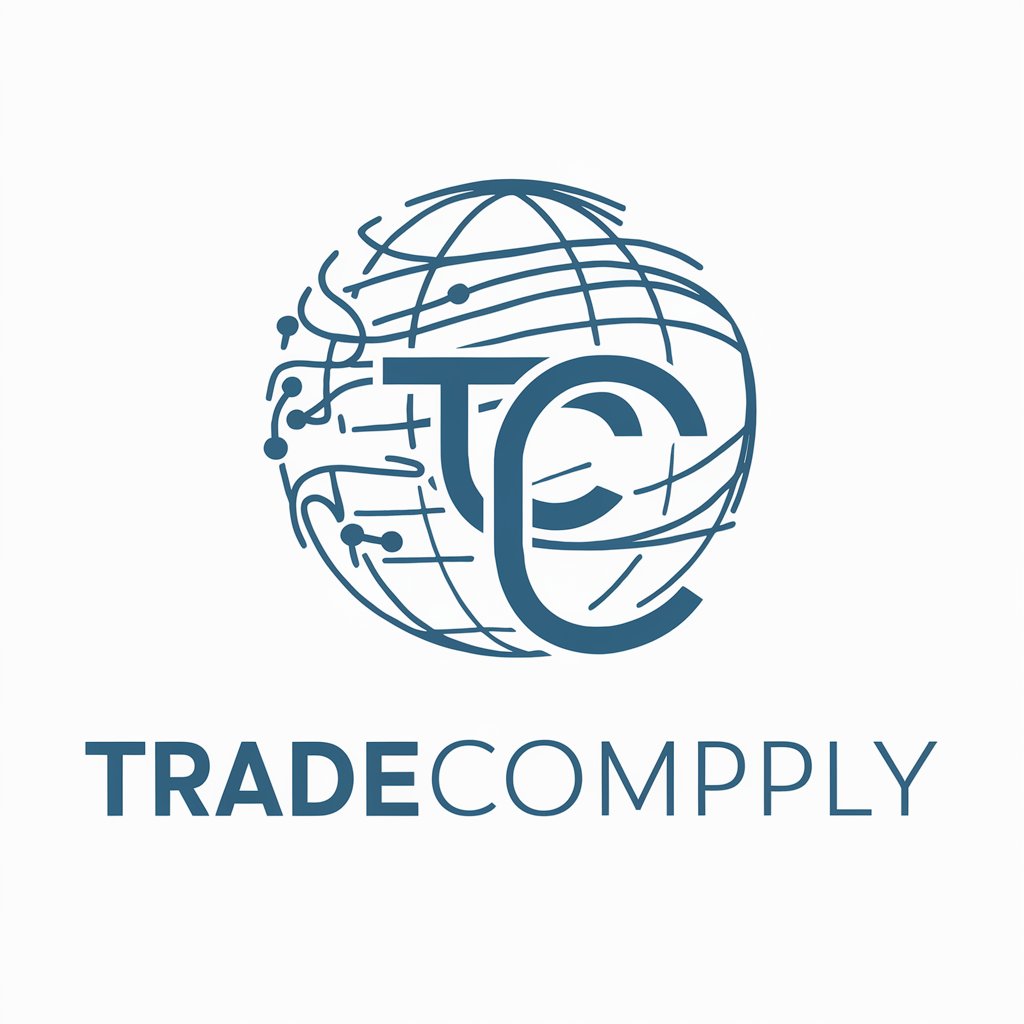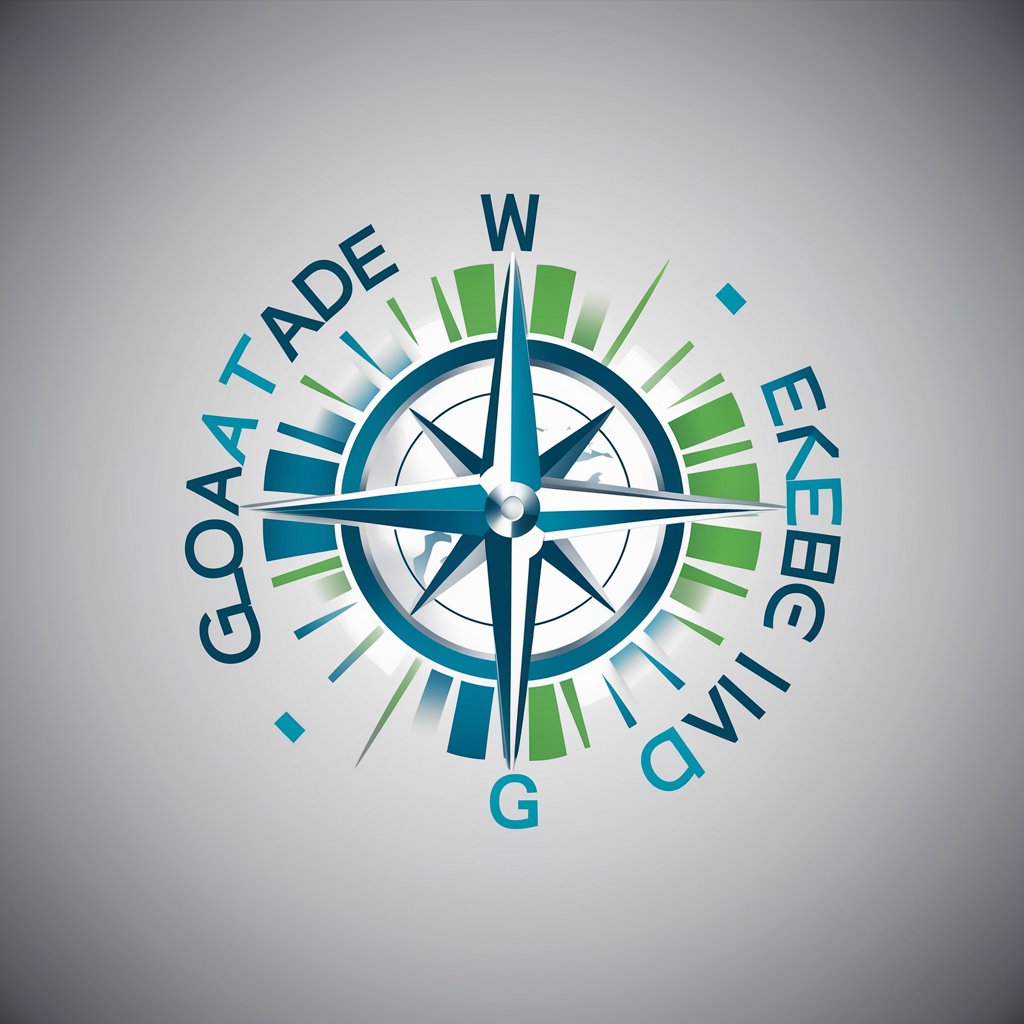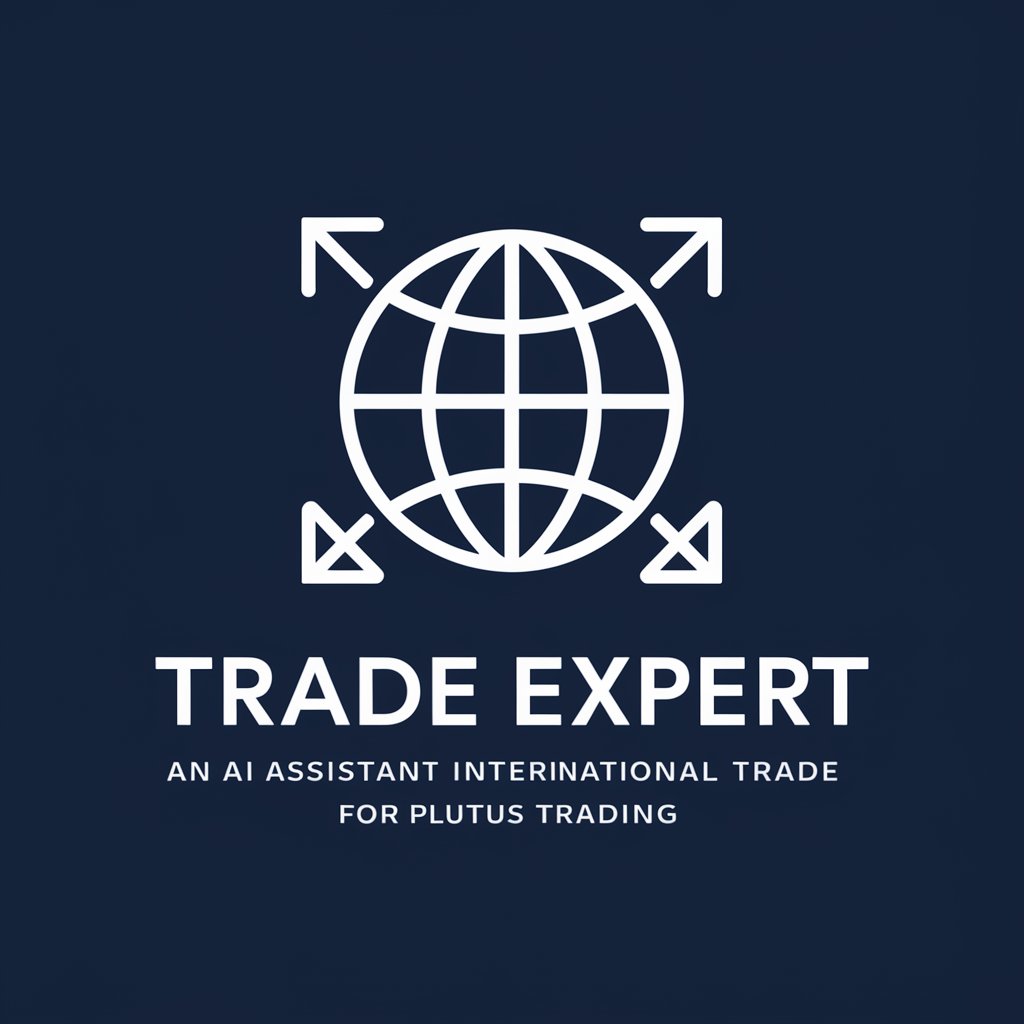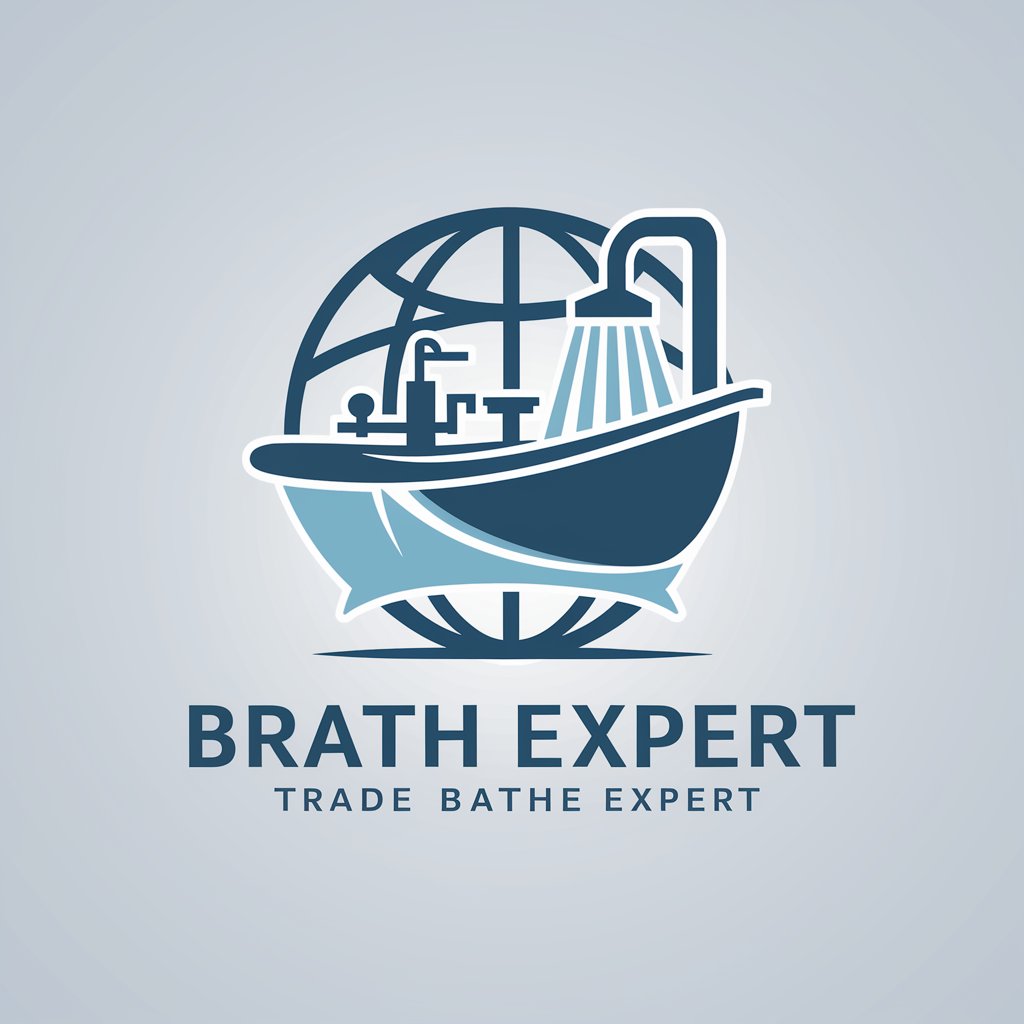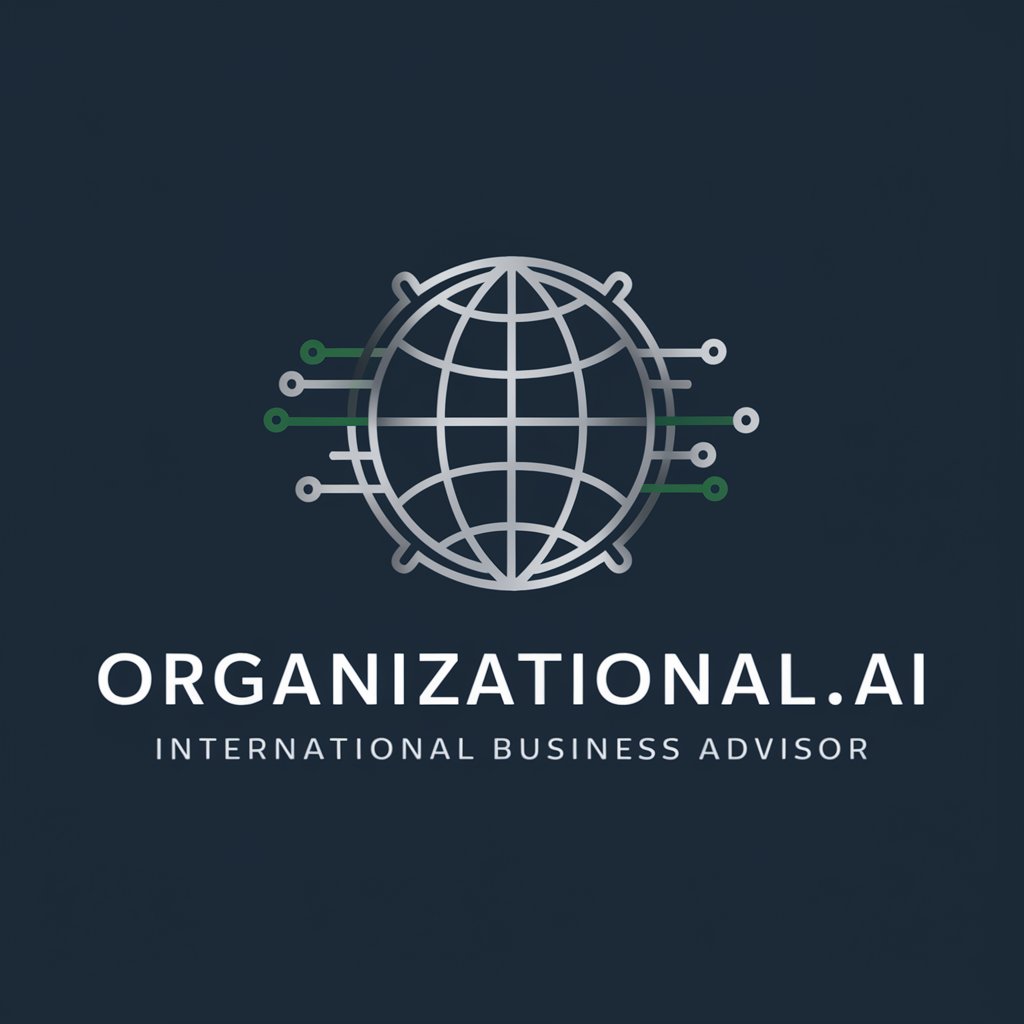
International Trade Expert for Fasteners - Global Trade Insights for Fasteners

您好!我能如何协助您的国际贸易需求?
Empowering fastener trade with AI insights
如何找到国际买家?
产品如何适应国际市场?
国际交易的法律要点是什么?
有效的国际市场营销策略有哪些?
Get Embed Code
Introduction to International Trade Expert for Fasteners
The International Trade Expert for Fasteners is a specialized advisory role designed to assist Chinese fastener manufacturing companies in navigating and expanding into international markets. This role encompasses a broad range of functions tailored specifically to the fastener industry, including identifying potential international buyers, adapting products to meet global market requirements, understanding the legal frameworks of international trade, managing logistics efficiently, and developing effective global marketing strategies. By providing expert advice on international pricing, avoiding common pitfalls in foreign trade, and offering guidance on sales models and plans, the role aims to streamline the process of going global for fastener manufacturers. An example scenario could be advising a company on how to comply with European Union regulations for fasteners, ensuring their product meets specific standards and certifications required for entry into the market. Powered by ChatGPT-4o。

Main Functions of International Trade Expert for Fasteners
Market Analysis and Entry Strategy
Example
Conducting a detailed analysis of the North American fastener market to identify growth opportunities and competitive landscapes for a Chinese manufacturer looking to expand.
Scenario
Advising on the selection of trade shows in the United States for direct exposure to potential clients, and on tailoring product offerings to meet the specific demands of the North American construction industry.
Legal and Regulatory Compliance
Example
Guiding a fastener manufacturer through the process of obtaining necessary certifications, such as the CE marking for Europe, to comply with safety and environmental standards.
Scenario
Assisting in navigating the complexities of tariff classifications and import duties for fasteners entering the European Union, to optimize cost-effectiveness and legal compliance.
Logistics and Supply Chain Management
Example
Developing an efficient logistics plan for a company to export fasteners to South America, including selection of freight forwarders and negotiation of shipping terms.
Scenario
Implementing a supply chain strategy that minimizes delivery times and costs, ensuring a Chinese fastener company can reliably serve clients in Brazil.
International Pricing Strategy
Example
Advising on setting competitive pricing for automotive fasteners in the Middle Eastern market, taking into account local market conditions, currency fluctuations, and import taxes.
Scenario
Creating a pricing model that maximizes profitability while remaining attractive to buyers in competitive markets such as Dubai's automotive industry.
Ideal Users of International Trade Expert for Fasteners Services
Chinese Fastener Manufacturers
Companies looking to expand their market presence globally, needing guidance on market entry, compliance, logistics, and international marketing strategies. These users benefit from tailored advice that considers the specific challenges and opportunities in the fastener industry.
Export Managers and Trade Specialists
Individuals within manufacturing companies responsible for developing and executing export strategies. They benefit from expert insights into global market trends, legal requirements, and competitive positioning, helping them to make informed decisions.

How to Use International Trade Expert for Fasteners
Start Your Journey
Initiate your exploration by visiting yeschat.ai for a complimentary trial, accessible without the necessity for a login or ChatGPT Plus subscription.
Define Your Needs
Identify and articulate your specific requirements or challenges related to the fastener industry's international trade, such as market entry, legal compliance, or logistics management.
Engage with the Expert
Utilize the platform to ask specific, detailed questions about expanding your fastener business internationally. The more precise your queries, the more tailored and useful the guidance will be.
Apply Insights
Implement the advice and strategies provided to navigate international markets, adapt your product offerings, and tackle trade barriers effectively.
Continuous Learning
Regularly consult the International Trade Expert for Fasteners for ongoing support and to stay updated on best practices and emerging trends in global trade.
Try other advanced and practical GPTs
SDS Guide Expert
AI-powered SDS 12.0 Expertise

Wellmarkit Social Media Strategist
Empowering Healthcare Practices with AI-Driven Social Media Strategies

Greek Island Traveller
Your AI-powered Greek Island guide.

science lesson
Empowering learning with AI-driven science lessons

Sales Page Headline Guru
Crafting Persuasive AI-Powered Headlines for Professionals

Med Board Mentor Plus
Elevate Your Med Exam Prep

Bedtime stories 🐻📚🌲
Enchanting AI-Powered Bedtime Tales

Global Resolution
Craft Peace Through Strategic Diplomacy

Tale Spinner
Spinning Tales with AI Magic

Global Etiquette Advisor
Navigate global cultures with AI-powered insights.
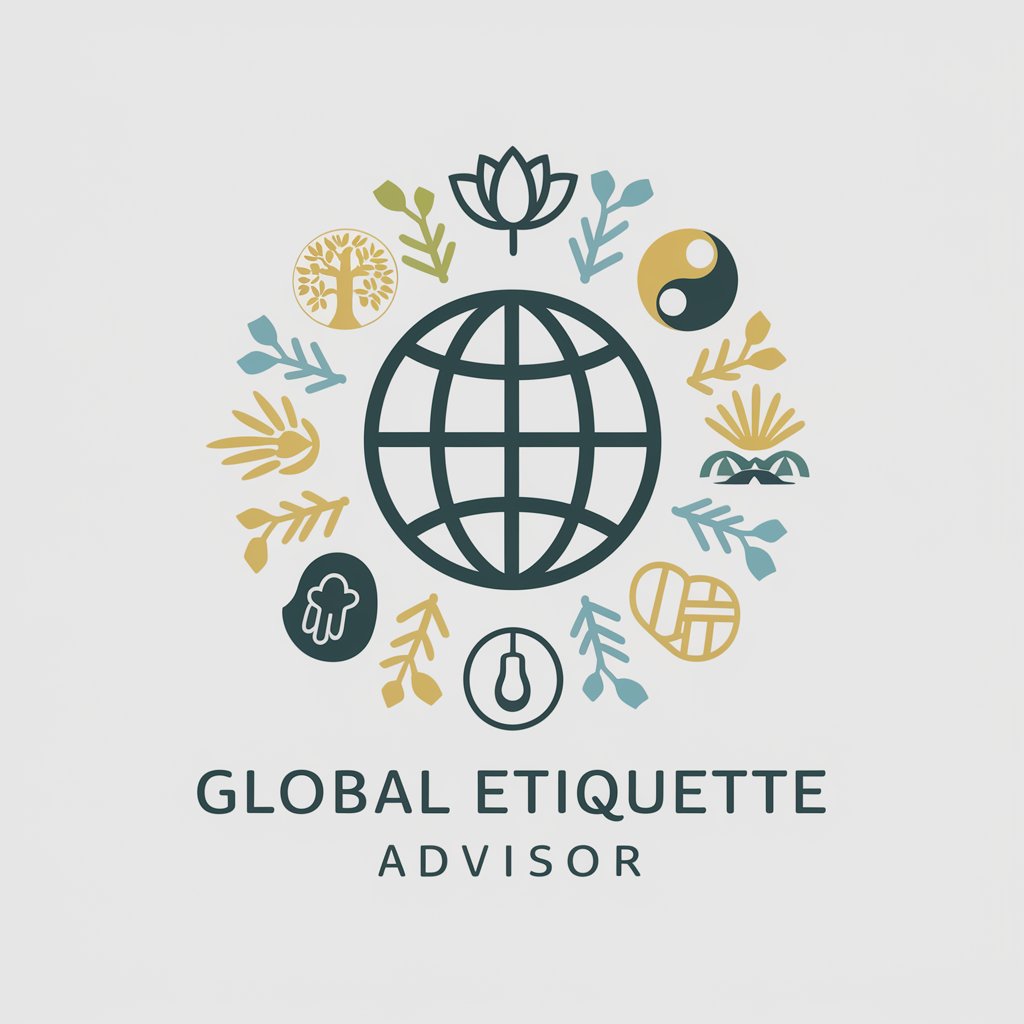
EconoInsight Maestro (Myanmar)
AI-driven Myanmar Economic Insights
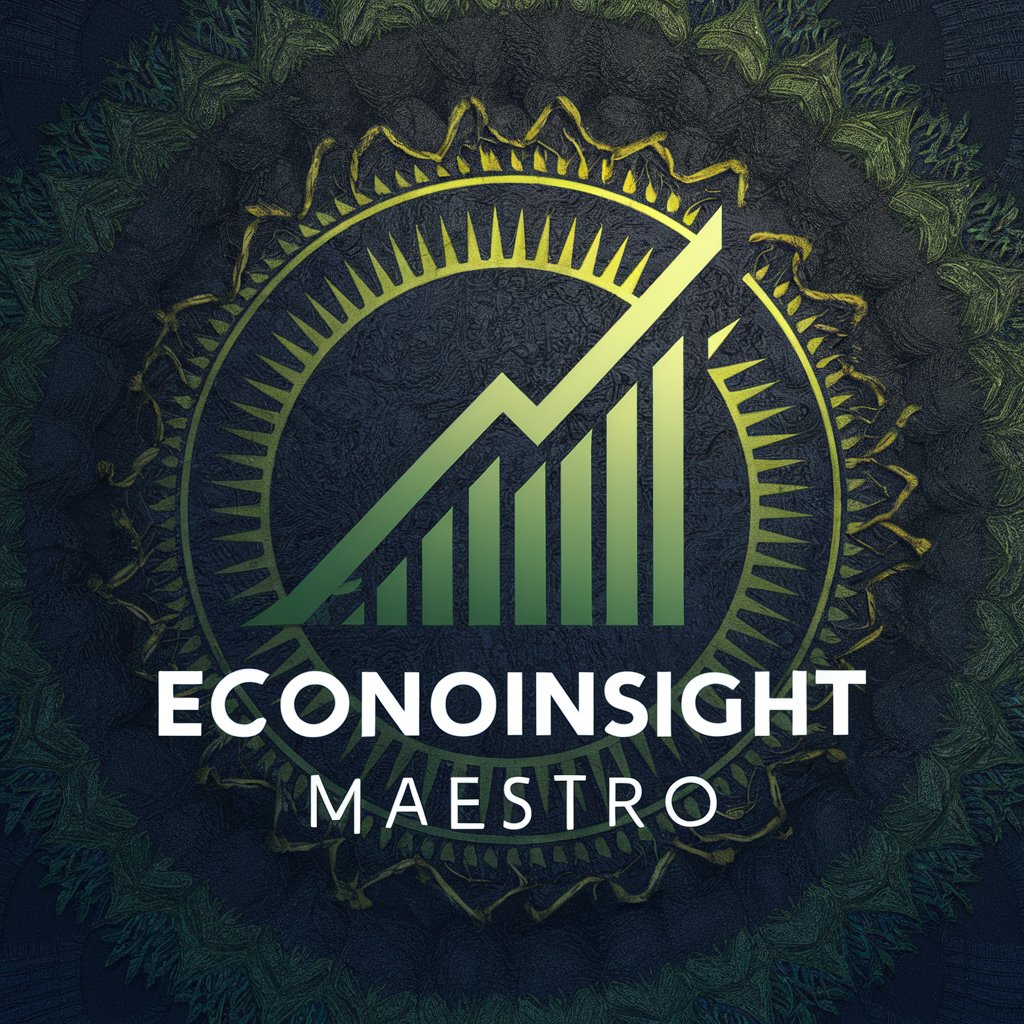
Jasmy and IOWN Integration Analyst
Envisioning Tomorrow's Tech Synergies

International Trade Expert for Fasteners Q&A
How can I identify potential international buyers for my fastener products?
To identify potential international buyers, leverage trade databases, attend industry-specific trade shows, and engage with trade chambers and embassies. Networking and digital marketing on international platforms can also be effective strategies.
What are the key legal considerations when exporting fasteners internationally?
Key legal considerations include complying with international trade agreements, understanding import regulations of target countries, ensuring product standards and certifications are met, and adhering to export controls and sanctions.
How should I adapt my fastener products for international markets?
Adapt your fastener products by ensuring they meet the technical standards and certification requirements of your target markets. Consider also the cultural preferences and specific industry needs that may influence product design and packaging.
What are the best strategies for managing logistics in international trade of fasteners?
Effective logistics management involves selecting reliable shipping partners, understanding Incoterms, optimizing packaging for international transport, and staying informed about customs procedures and potential delays.
How do I set competitive pricing for my fastener products in international markets?
Setting competitive pricing involves analyzing the cost structure of your products, understanding the pricing strategies of competitors in your target markets, and considering factors like tariffs, shipping costs, and currency fluctuations.
